Estimated reading time: 7 minutes
You’re doom scrolling on your phone and find a media-generated frenzy. Whatever the event was—armed active killer in a school, spree killer in a shopping mall, seemingly random violence at a gas station—it’s sensational enough to run at the top of the news cycle. There’s tragedy, trauma, terror—all the “T” boxes are checked.
Table of contents
As the media spits out whatever details they’ve stumbled across, real or not, you take them to your favored social media platform to state your opinion. Whether it’s well-informed and accurate depends on a lot of things, but one factor remains key: how long has it been since the event in question? One hour? One day? It should be more. The 72 Hour Rule is something many in the firearms world adhere to for good reason. Here’s why.
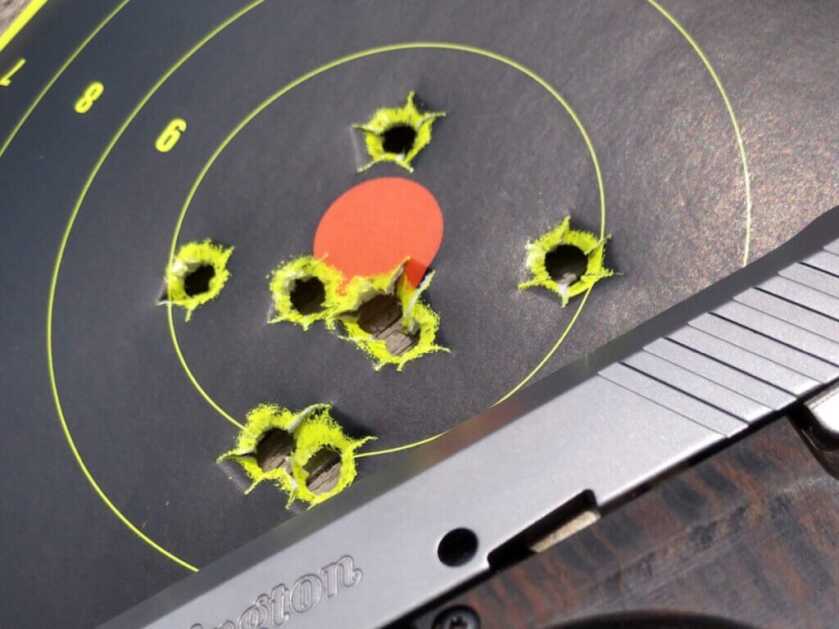
(Before we dive into this, a quick disclaimer: This isn’t legal advice and shouldn’t be construed as such or used in the place of advice from a qualified attorney. This is simply information.)
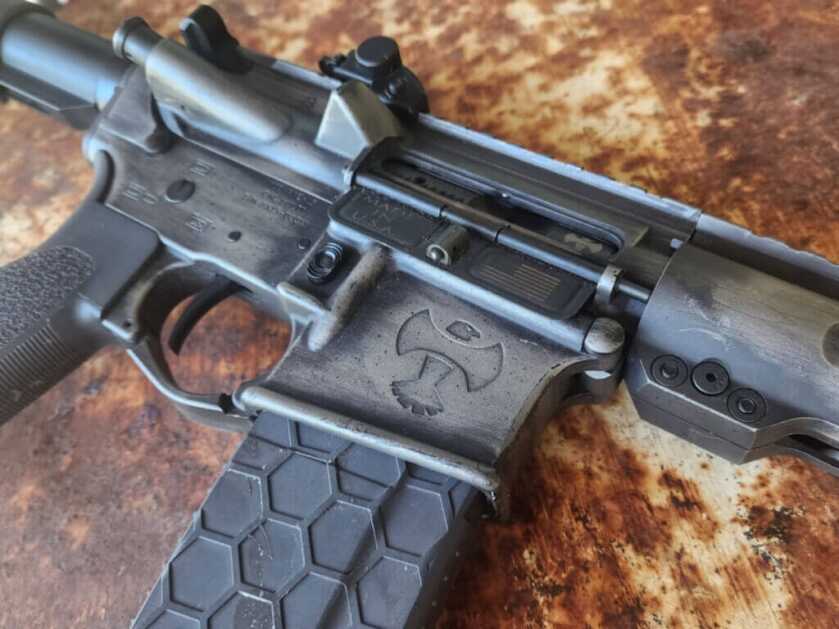
Table of contents
What Is the 72 Hour Rule?
It’s simple, really. The 72 Hour Rule means letting time pass before commenting on a major event. Over those three days, it’s typically wise to keep opinions to yourself. You’ve probably noticed how the media flip-flops. It goes so far as to release the wrong person’s name as the perpetrator, right down to pictures and their social media accounts.
Available on GunsAmerica Now
Then there’s the weapon that was used, the motives, and how many were injured or murdered. The information and high-tech age have admittedly brought some great gifts with them. It is still so easy to read false and incomplete information.
More Than One 72-Hour Rule
Yes, there are several versions of the 72 Hour Rule that apply to different fields and practices. In the gun world, it applies to keeping mouths shut until further information comes out. It also involves the aftermath of a self-defense shooting. In a self-defense case, the 72 Hour Rule refers to the fact that law enforcement has that much time to detain you without charging you (48 hours in some jurisdictions).
Those 72 hours generally do not include weekends or holidays, either. Keep in mind the specific hours and days can change depending on your location, so do your due diligence and check the laws and regulations where you live (or where you’re traveling).
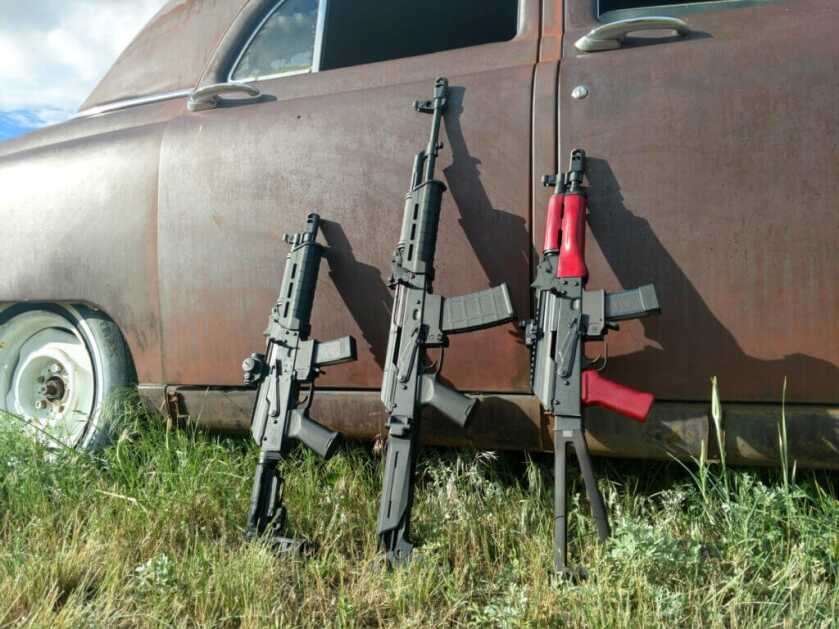
Why wait 72 hours?
The answer to why you should wait to start talking at length about an incident is easy. You don’t know anything. First, if you’re on the outside looking in, you’re relying on the media to feed you details they also got secondhand (or worse). All they’re doing is looking to be the first to break the next big detail and accuracy isn’t always considered. However, over time, some degree of truth emerges. Second, you don’t want to be part of the bad information machine. That ends up meaning it’s best to wait and see before speaking about an incident.
On the self-defense side, there are quite a few things to consider. First and foremost is that you should be doing what your attorney tells you, and that includes not running around telling everyone what happened. That isn’t what we’re discussing here, though, so we’ll gloss over that. The 72 hours involved in the aftermath of a self-defense shooting have to do with a few things. It includes giving law enforcement time to investigate. It takes time for your brain to process events. And the legal system is incredibly sluggish.
Application In Other Fields
This next version of the 72 Hour Rule isn’t about whether you should be giving statements on social media—you shouldn’t, period—but more about law enforcement’s side of things. Also, don’t be confused by the fact that law enforcement officers are typically allowed 24-72 hours to make a statement after an officer-involved shooting. That doesn’t mean you have 72 hours after a self-defense shooting (again, get an attorney). It’s not the same thing.
The self-defense 72 Hour Rule isn’t about what you say, it’s about what law enforcement does. This rule regarding armed active killers is about what you yourself say and do.
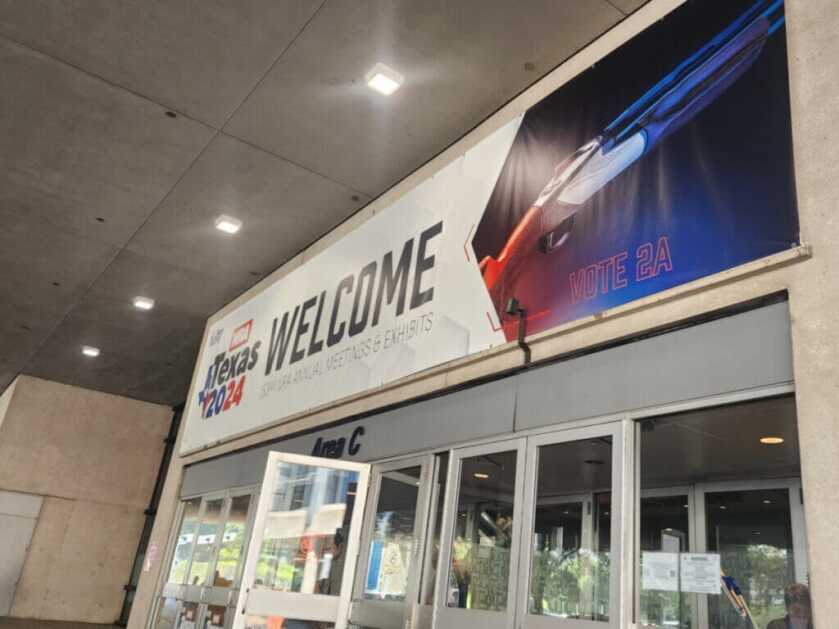
Help Or Hinder Gun Rights
Some people might think that waiting 72 hours to say something about an armed killing might somehow harm the Second Amendment and gun rights in general. They might believe getting ahead of things—even if their audience is small—is a good idea. That isn’t really how it works, though. You do far more damage by spreading misinformation, and after you’ve been wrong once, you’re going to have a much harder time getting anyone to listen to you, let alone believe you.
We all want to champion gun rights and uphold the Second Amendment as the founding fathers intended. That doesn’t mean we should speak without thinking after something like a school shooting or other cases of violence where firearms were used.
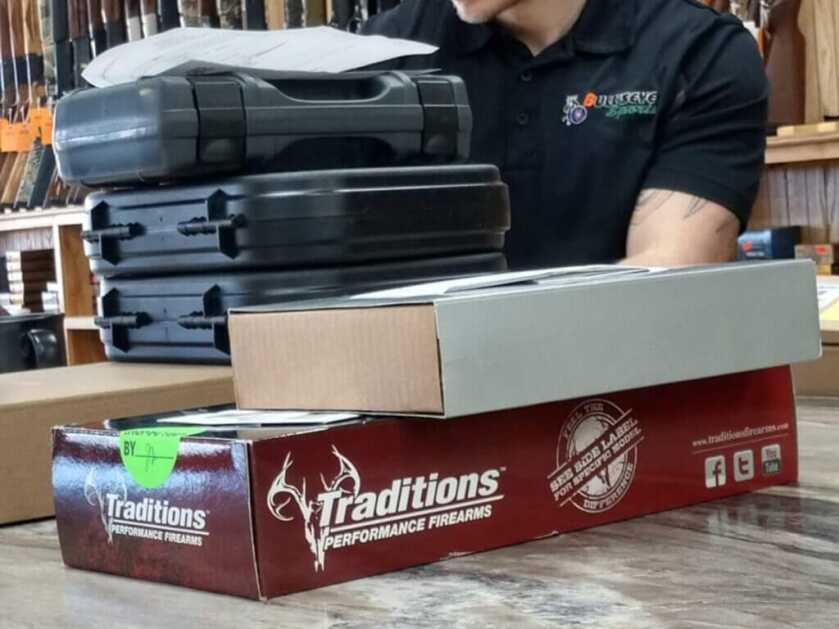
The 72 Hour Rule for Gun Sales
It isn’t called the 72 Hour Rule, but some states indeed have a mandatory 72-hour wait for firearms sales. In those states there’s a required 72 hour time lapse between the time the person fills out the ATF Form 4473 and when they can take possession of the firearm, assuming they passed the background check.
Once you fill out the 4473 Form it goes to the FBI’s NICS. The NICS (National Instant Criminal Background Check System) runs the background check in most states. Some states have a background check system known as an alternate permit system that’s run by the state rather than the FBI. NICS or the alternate system has 72 hours to approve or deny the application to purchase a firearm.
READ MORE: Officer Shoots Armed Carjacking Suspect After Walmart Chase
Some delays are the result of incomplete forms while others are cases of mistaken identity (it happens). Still others are just high volume slowing the system down. Of course, if you live in a gun-restrictive state, there might be a state law giving the system ten days to make up their mind.
The 72 Hour Rule Bottom Line
The 72 Hour Rule really comes down to allowing time for things to happen. Making a knee-jerk statement on social media is tempting, but it tends not to be wise. Being informed and thoughtful is part of being a responsible gun owner. The last thing any of us want to do is contribute to bad information or cause unnecessary fear. And if you feel you must say something, remember: the internet is forever and everything is discoverable.
Learn more about the 72 Hour Rule from Active Self Protection here.
*** Buy and Sell on GunsAmerica! ***

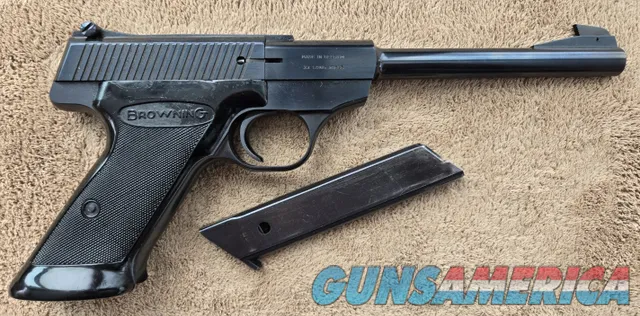

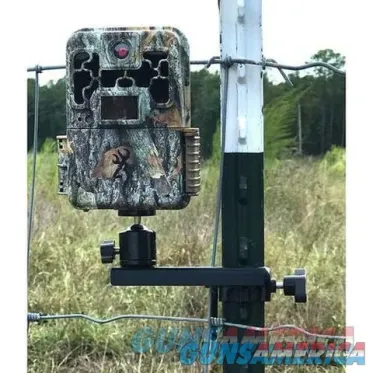
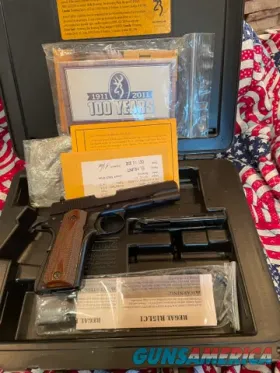
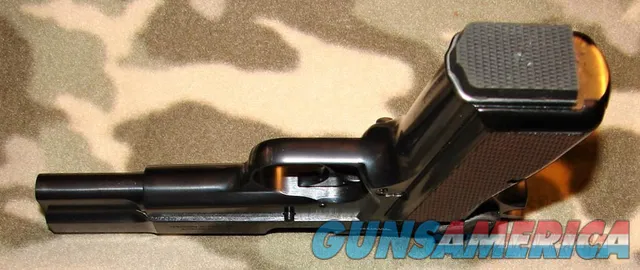
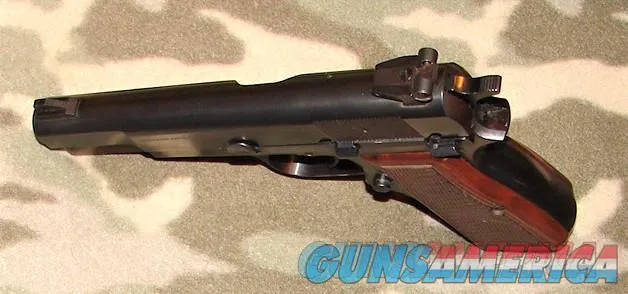




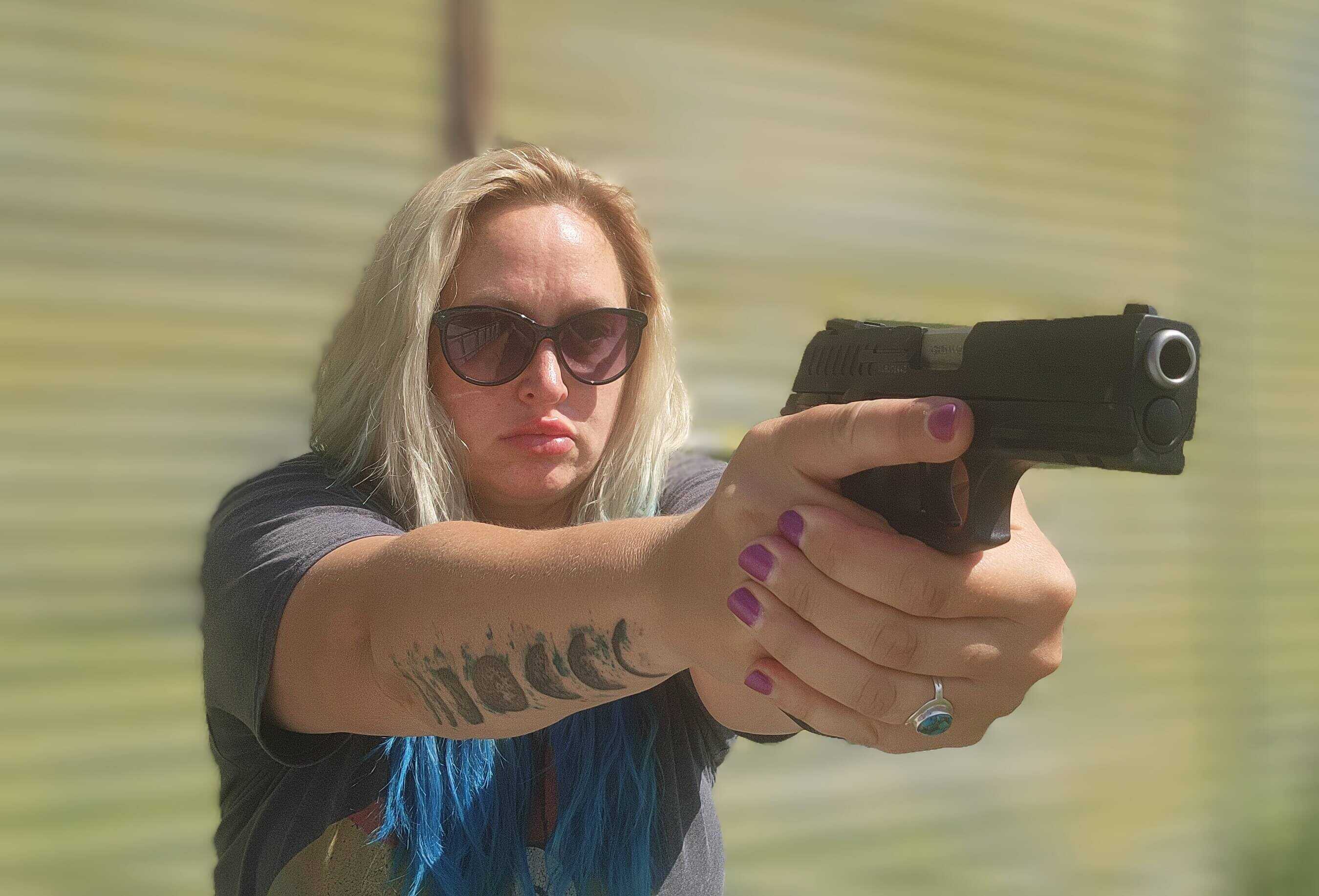
When buying a firearm from an individual I want to check the serial numbers to make sure it is not stolen. How do I go about doing this?
I’d react to this article with apathy at best… but it hasn’t been 72 hours yet.
F*ck The 72 hour rule. I’m more of NOW kind of person. I want it. I but it. I get it NOW.
What is the AK47 pistol on the left leaning against the car door along with the other two?
It appears to be smaller caliber than a 39 x 7.62 mm.
The pistol brace and red-dot give it a cool vibe as well.
Bottom line, Shall not be infringed!!! Every gun law is unconstitutional, period. Stop calling unconstitutional laws, rules. If someone plans on murder which also against the rules, they will make it happen regardless of the law actually is. A 4000 lb vehicle or more will do more damage than a bullet. Hmmm, the killdozer got it done.🇺🇸🇺🇸🇺🇸
“A right delayed is a right denied” – MLK Jr.
This is true in all cases. The 72 hour rule for guns or a 72 hour rule for shaping the narrative using your free speech. Should you carefully consider your response? Yes, as you should always carefully consider your responses and read as much as you can. But waiting allows someone else to completely shape the narrative the same way the 72 hour cooling off period does it for guns. Have you not heard of the times that a restraining order hasn’t been effective and a girl is afraid for her life and finds she can’t just buy a gun and then gets killed? I’ve heard the story too often in the news.
This is a bad take. You can have it for yourself, don’t expect others to follow it. Don’t guilt others into it.
As a note, read up on the neuroscientist that explains why people attach onto the first news articles they read on a topic.